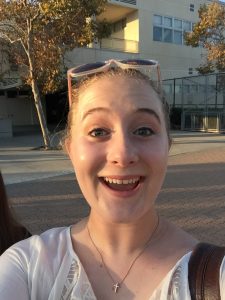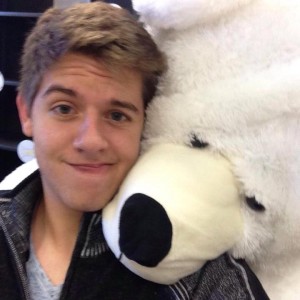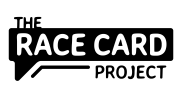Audrey Lee Cho,
USA.
My parents immigrated to America in 1973, with my older brother Lee Wan Young and my sister, Lee Shin. I was named Audrey when I came along a couple years later, and our little brother Tom was born in 1978.
My mother tells me they carefully watched American television, sitcoms and dramas to learn not just the American language, but what Americans were like, and what to expect. My parents watched lots of English language channels in anticipation of the move to America, to help them learn English. My father said we were named after American soap opera characters, but our mother just shook her head and laughed.
The first conversation I can remember having about race, was not long after starting kindergarten. I was afraid to talk to any of the other kids, and they were beginning to ostracize me. My mother received a call from my teacher, concerned about my “social development” and adjustment to the classroom environment.
My parents had prepared me for the first day of school, by explaining that kids were going to be different than me, and to be nice to everyone. I had watched television with them and thought I had an idea what to expect. Other than a younger set of twin boys from a white family down the hall, an autistic Chinese girl of about 14, and a family with a newborn and a toddler, our small apartment building didn’t have many children close to my age.
My best friend was my older sister, Shin. She warned me that the other kids in school were nothing like we saw on television, despite what our parents thought. Wan Young had the worst of it, with limited English and a younger sister to protect.
Shin explained that television showed white people as prissy, bland, naive’ and eager to please, easily led and well meaning, bigoted, vain, gullible, passive, clueless, and somewhat stupid. White children were usually presented as precocious but awkward and unworldly, nerdy, unhip, with poor social skills and bad haircuts. And only white kids were ever mean, or bullies. The premise of their role was typically one of emulating their cool, ultra-talented, snappy, well dressed, overachieving black peers, who were frequently mysteriously raised by white parents.
The white kids were curious about me and my siblings, but they were mostly nice to us. They were smart, dumb, serious, silly, immature and mature, all different personalities. Not like the kids on television. They were mostly like us, but didn’t seem to have to worry about as much as we did. We sat together, my brother sister and me, with a couple other Asian kids in the school cafeteria for the first few weeks but after that we were invited to sit with white kids of our age. The two Chinese kids still sat together at the “chink table” all year though. It didn’t seem to bother them, because they were best friends.
But the black kids weren’t the ones from television either. A lot of them went out of their way to tease and harass us. They called us ch*** and Ching-a-lings and yelled Kung Fu or Chop Suey when they saw us in the halls. My brother was friends with a tall skinny black boy called Darius in the eighth grade, but when the other black kids saw they were friends they ganged up on Darius and asked him if he was down or if he was rice, and threw his backpack into the garbage chute. I didn’t understand what that meant, but after I heard about it, I knew they didn’t like us because we weren’t black like them. We learned to avoid them.
The mixed race kids had it rough too. The black kids would call them names, yell out redbone and yellowtop at them. They tried to smile and look the other way but you could see tears in their eyes sometimes. I felt bad for them. I think they had it worse than anybody, at least until high school.
The stereotypes promoted by late 1970’s television were inexplicably misleading. They weren’t even stereotypes because they didn’t represent real people. So confusing, especially for people from another country. Why on earth would white people want to watch shows that didn’t portray realistic, relatable characters that reflected them in a generally positive manner? Why were almost all the black people on television rich and privileged, wise and smarter than everyone else, but being picked on by snobby and prejudiced white people for no reason?
And don’t get me started on Asian characters. My parents used to be excited to see an Asian face, especially a Korean one. It was rare. American television casting didn’t differentiate between Chinese, Korean, or Vietnamese faces. Sometimes a Hispanic actor would even be cast in Asian roles. We were interchangeable and invisible. The Asian character was always a token, for “color”, and almost never portrayed a whole person with feelings and needs. They were the background to the story, never the center of a positive scene. Where were the Asian people, and why didn’t we ever have anything meaningful to say, or real lives worth getting to know as whole characters, and why were we always introverted, the math genius or nerdy prodigy? Didn’t anyone know Hu Jung-Su, who was an outrageous practical joker and terrible at math? Or my old friend Areum Chang, a talented jazz dancer with a wicked sense of humor and a love of mountain biking? Isn’t Auntie Cho and her apartment full of talking birds a little more interesting? No, the Asian is a quiet math genius who smiles and nods on the sidelines, looking inscrutable. Can’t distract from the white or black main character.
It didn’t bother us all that much, we just hoped someday an Asian producer would introduce a good program that portrayed us as prominently as whites and as positively as blacks. So far, not much luck. But it’s no big deal. We can always change the channel.






